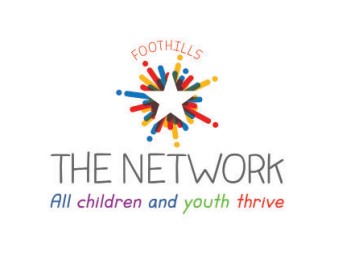18 Months

Below is a list of developmental milestones that children typically reach at the end of 18 months of age. Review them with your child’s healthcare professional and talk about what to expect next.
MOVEMENT & PHYSICAL DEVELOPMENT
- Walks alone
- May walk up steps and run
- Pulls toys while walking
- Can help undress themselves
- Drinks from a cup
- Eats with a spoon
COGNITIVE (LEARNING, THINKING, PROBLEM SOLVING)
- Knows what ordinary things are for; for example, telephone, brush, spoon
- Points to get the attention of others
- Shows interest in a doll or stuffed animal by pretending to feed
- Points to one body part when asked
- Scribbles on their own
- Can follow 1-step verbal commands without any gestures; for example, sits when you say "sit down"
SOCIAL & EMOTIONAL
- Likes to hand things to others as play
- May have temper tantrums
- May be afraid of strangers
- Shows affection to familiar people
- Plays simple pretend, such as feeding a doll
- May cling to caregivers in new situations
- Points to show others something interesting
- Explores alone but with parent close by
LANGUAGE & COMMUNICATION
- Says at least 6 single words
- Says and shakes head "no"
- Points to show someone what he wants
What You Can Do With Your 18-Month-Old
You can help your child learn and grow. Talk, read, sing, and play together every day. Below are some activities to enjoy with your 18-month-old child today.
Ask For Help if Your Child...
- Doesn’t point to show things to others
- Can’t walk
- Doesn’t know what familiar things are for
- Doesn’t copy others
- Doesn’t learn new words
- Doesn’t have at least 6 words
- Doesn’t notice or mind when a caregiver leaves or returns
- Loses skills they once had
Tell your healthcare provider if you notice any of these signs of possible developmental delay for this age. You can also talk with someone in your community who is familiar with services for young children in your area. Try the FCWN Navigator by emailing fcwnnavigator@ahs.ca or calling 403-995-2706.
